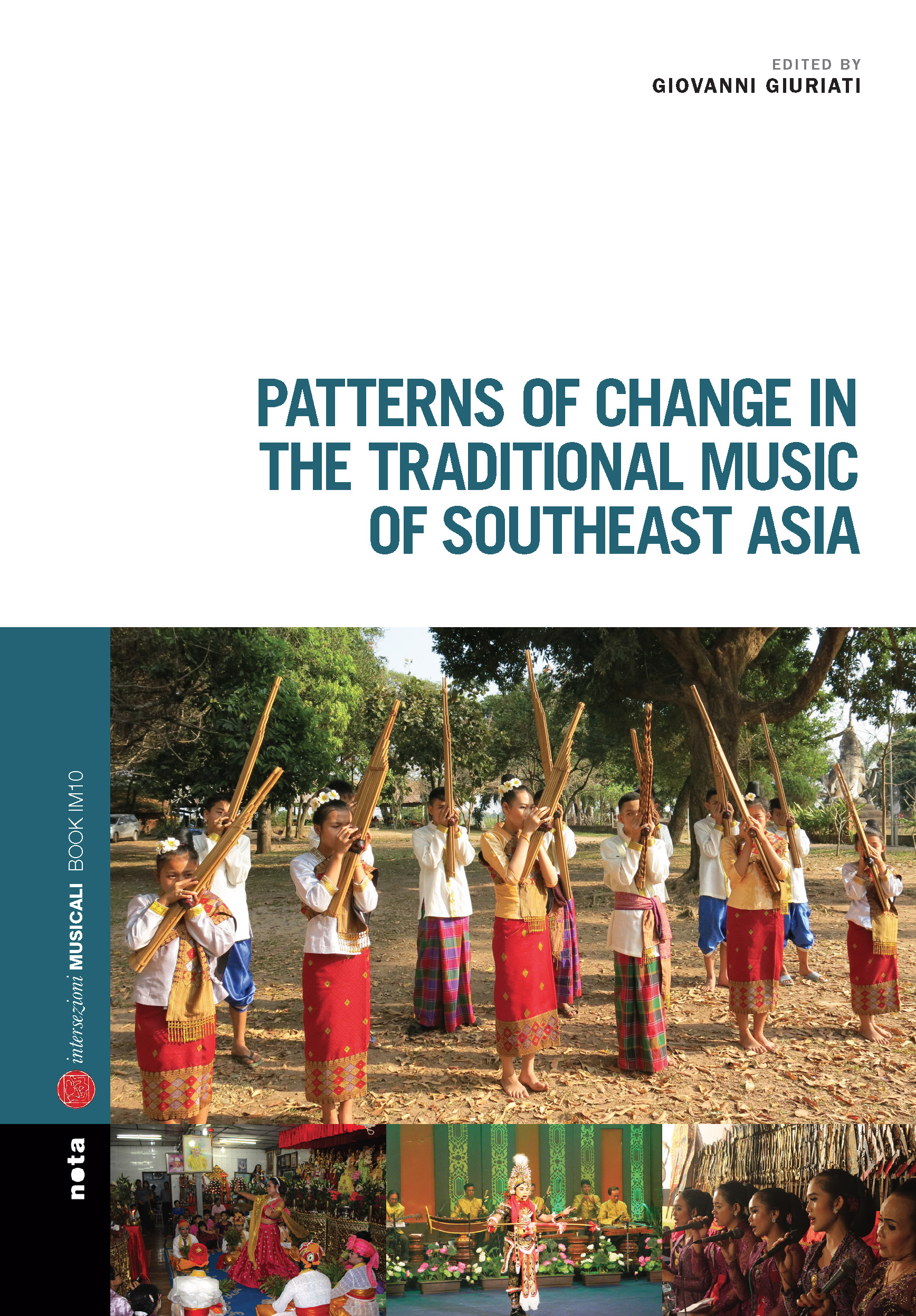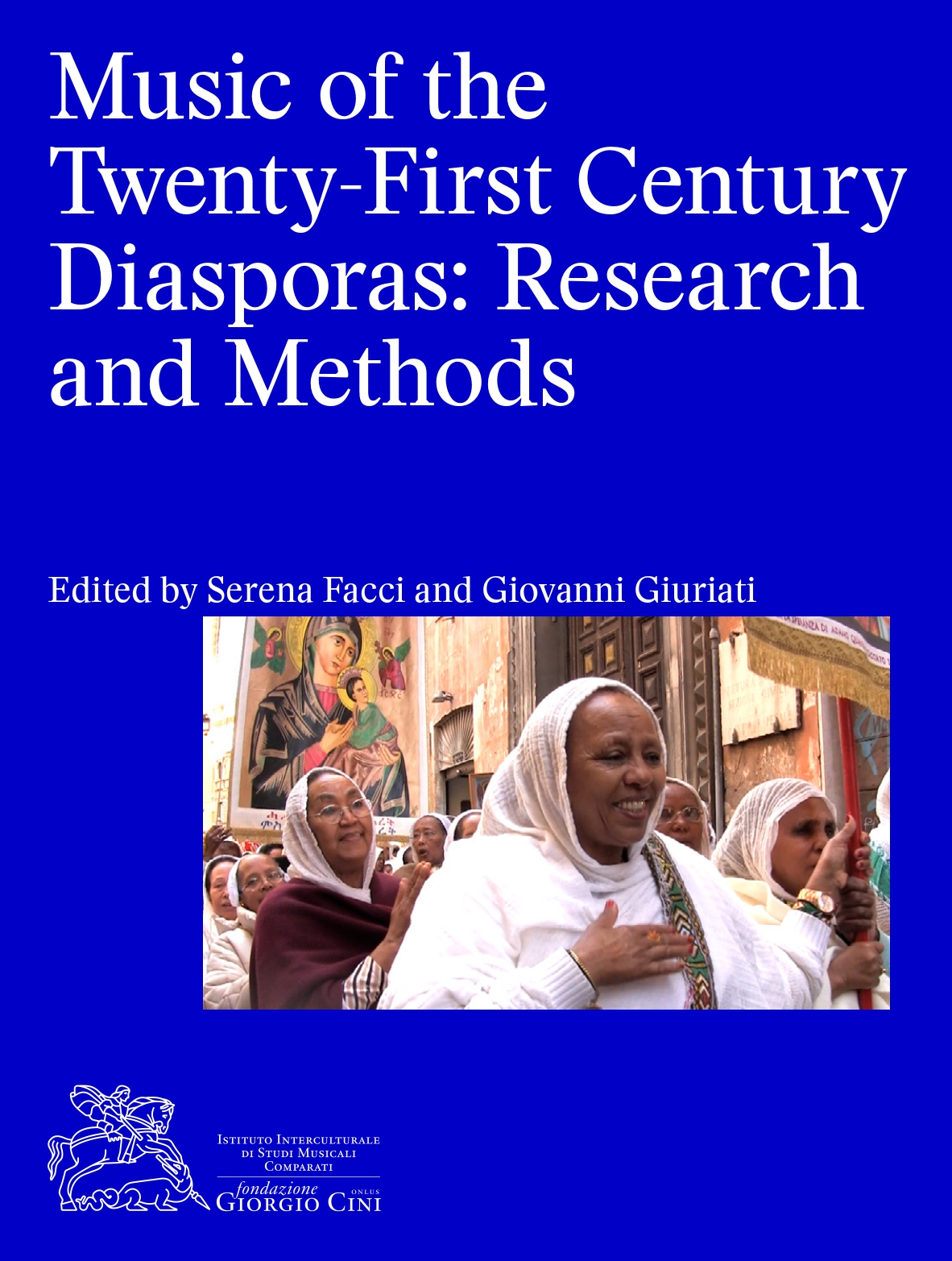Having reached its twelfth edition, this year the theme is Polyphonies from the Veneto and Friulan area. This particular event is one of the results of research financed by the Vittore Branca Grant, awarded by the Veneto Region to promote research into Veneto culture. The 2008 edition has, moreover, been organised in collaboration with the Provinces of Padua, Venice and Udine, the City of Venice, and Friuli Region. The event is divided into three afternoon sessions, in which audiences of musiclovers and scholars can hear performances by polyphonic groups representing various types of ensemble singing performed in the Veneto-Friulan area – the multifaceted expression of many local musical identities.
On October 18 the programme futures:
10.30 Seminar:
Acquisition, conservation and publication of traditional poliphonic music from North Est Italy with M. Agamennone, T. Camellini, M. Conati, M. Del Negro, G. Giuriati, G. Morelli.
ore 16 Concert:
Coro Doberdob, Monrupino, TS
Conductor: Herman Antonic
Coro Bianche Cime, Belluno
Conductor: Mirco Piccolin
Coro Nediskij Puobi, Pulfero, UD
Conductor: Giuseppe Chiabudini
Coro Voci della Ferrata, Verona
Conductor: Andrea Carrara
Coro Ermes Grion, Monfalcone, GO
direttore: Denise Marcuzzi
Coro Du Muini, Gazzo e Grantorto, PD
Conductor: Luciano Rampazzo
Copernicoro, Udine
Conductor: Serena Vizzutti
Cantori de la Val , Fumane, VR

